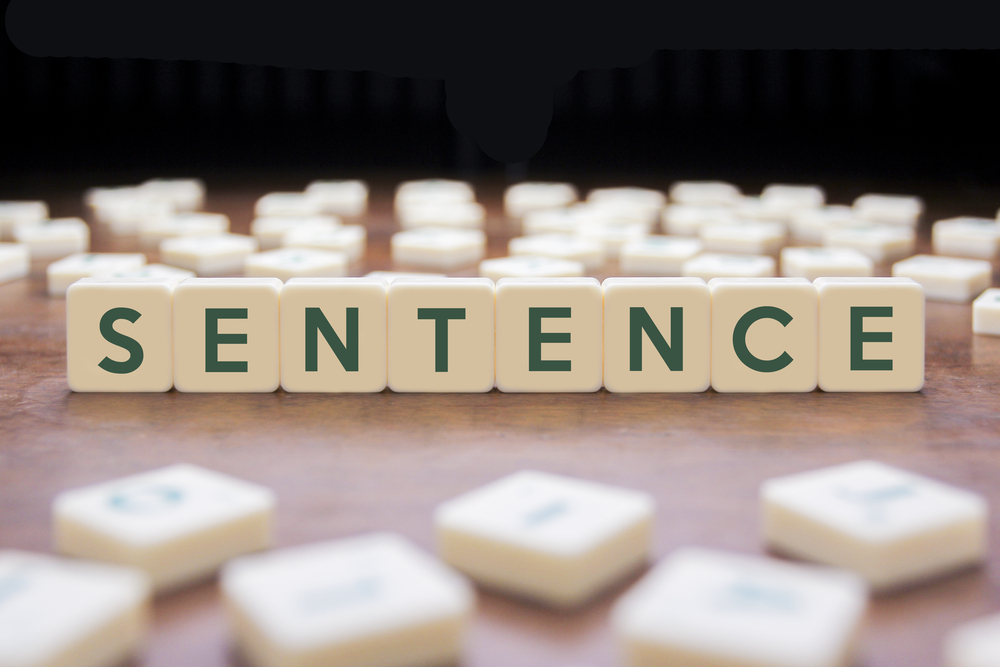Sentencing is typically a matter of public record in most jurisdictions.
Here are some key points regarding the public nature of sentencing…
Public Access to Court Proceedings
- Open Court Principle – Most court proceedings, including sentencing hearings, are open to the public. This transparency is a fundamental aspect of the judicial system, promoting accountability and public trust.
Public Records
- Court Documents – Sentencing information is documented in court records, which are generally accessible to the public. This includes the official court docket, sentencing orders, and transcripts of the proceedings.
- Online Databases – Many courts provide online access to case information and court records. This can include details about the charges, trial outcomes, and sentences.
Exceptions and Restrictions
- Sealed Cases – In certain cases, records might be sealed or restricted. This typically happens in cases involving minors, sensitive personal information, or certain types of criminal cases where privacy concerns are paramount.
- Expungement – If a record is expunged, it is effectively removed from public access, though the original records may still be retained by law enforcement and court authorities for specific purposes.
How to Access Sentencing Records
- Online Court Portals – Many jurisdictions have online portals where you can search for case information. You may need to register for an account and, in some cases, pay a fee to access detailed records. For Example, PACER for federal cases in the U.S., state-specific judicial websites.
- Clerk’s Office – Visit the clerk’s office at the courthouse where the sentencing took place. You can request to view or obtain copies of the sentencing documents. There might be copying fees involved.
- Public Records Requests – You can file a public records request with the relevant court or government agency. Procedures and fees for these requests can vary by jurisdiction.
- Third-Party Services – There are third-party websites and services that aggregate public court records, though they may charge for access.
Example: Accessing Sentencing Information
- Federal Case – Use PACER (Public Access to Court Electronic Records) to look up federal court records, including sentencing information. PACER Website
- State Case – Visit the website of the state’s judicial branch or the specific court’s website. For example, California’s Online Services
- Local Case – Visit or contact the local courthouse’s clerk office. Provide case details such as the defendant’s name, case number, and the date of the sentencing.
Sentencing is generally a matter of public record, accessible through various means such as online court portals, courthouse visits, public records requests, and third-party services. Exceptions exist for sealed cases and expunged records. This transparency ensures accountability within the judicial system, allowing the public to access important information about legal proceedings and outcomes.





